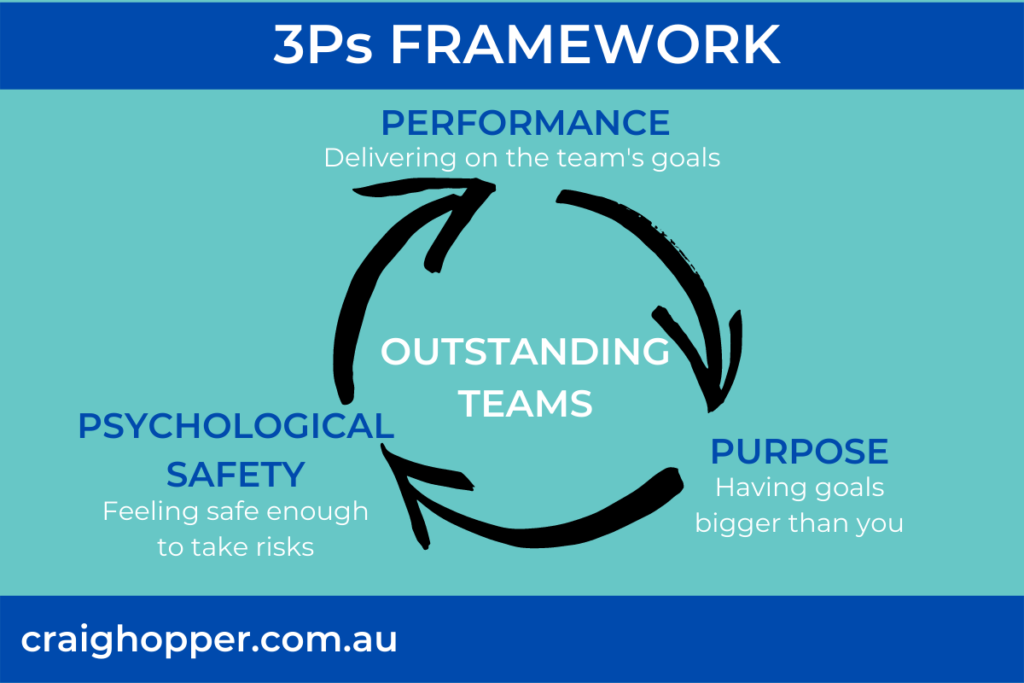Have you ever struggle with decisions? An important decision? We don’t want to get it wrong. Even worse, we’re afraid of looking bad and being second guessed? That means we’re struggling with indecision, or we’re suffering from decision precision!
Decisions are almost never as important as we think. Life, relationships, projects, or initiatives, rarely succeed or fail because of one decision. Anything of importance requires tens or even hundreds of decisions. No single one of them is very important. The path to the goal is winding. In fact, the only really important decision out of all of them is the first one – the brave one – to get started and pursue something important (tips to help you find your purpose here). Make the decision anyway – that’s what the best leaders – compassionate leaders do. They do the hard things. Especially when it’s not clear.

More is not better
Forbes magazine research found that the best leaders with the highest ratings and the ones who got promoted were also the most decisive leaders. More analysis often doesn’t lead to better decisions. There’s a term psychologists use – confirmation bias – which leads all of us, even the most sophisticated people, to search for and interpret information that confirms what they already believe. So the more analysis we do, the more we’re reinforcing what we already believe.
For the vast majority of us, these aren’t life or death decisions – we don’t get to make those decisions. They get made for us. Just below life or death decisions are the really, really big decisions. The life changing ones. These really big decisions are often easy. When we need to make them, we are guided by our values and priorities in life. We don’t need to think much, we don’t even need to be brave.
When my wife was in a coma on life support, I had to make decisions – lots of them. For her, for me, for the kids. I didn’t have to think. There was no indecision. It was clear what was right for us. I just left work – for weeks. I cancelled everything else we had planned. I’ve made massive decisions about my life and my family’s life on the back of that. But none of them were very hard to make.

We struggle with the less important stuff
Yet we struggle with decisions all the time– recommendations at work, what school to choose for the kids, should I apply for a job, should I ask for a raise, what to prioritise, all the way down to much smaller things like when to stop editing a presentation or email. They’re much less important than the really big kind of things. But we agonise over them. We struggle with decisions because of FOMO (fear of making mistakes) or not wanting to look bad, or concerns that people will second guess us. We’re being afraid, instead of brave.
The path to success is winding and often messy. It is uncertain, unpredictable. We will have to make so many decisions along the way. We’ll have so many chances to course correct. There is normally a plan B, and a plan C and so on. The only thing we know for sure is that if we don’t start, we’ll never get there. That’s why we need to be brave. We’ll face our fear of messing up along the way. That’s ok – that’s how we learn and grow.
James Stockdale, a POW during the Korean war said that no matter what happens:
“I control the end of the story”
That means we get to choose what we do next, and we choose how to accept what has already happened.

7 tips for the struggle with decisions
- Make the smallest possible decisions – try to avoid the all or nothing decisions. Test things out before going all in.
- Use data where possible (near enough is normally good enough – when we’re wrong, it is often by 500%, not 3%).
- Otherwise, go with your opinion (you can ask a real expert for help if you have one handy) but it’s your life, you own the outcomes, you are going to do the learning
- Work out what your plan B is if it doesn’t work – normally it is as simple as trying again with something else if you’ve made it small enough
- Focus on plan A – think about how awesome it will be when it does work
- Be Brave – Get on with it and start learning
- Celebrate it – you’re being brave, you’ve made the decision, you’re moving forward, you’re learning – you deserve a pat on the back or a victory dance
Nobody gets it all right. To be honest, nobody even knows if it’s right most of the time – life isn’t like school. There are no grades. You can’t top the class in life. There isn’t a lot of certainty in this – it is just opinion. Remember – It’s your life – you get to live it. Don’t worry about what others think. Fear underestimates what you’re capable of – you’ve made it this far – you’ve got this.
Whatever you do, do it with heart!




